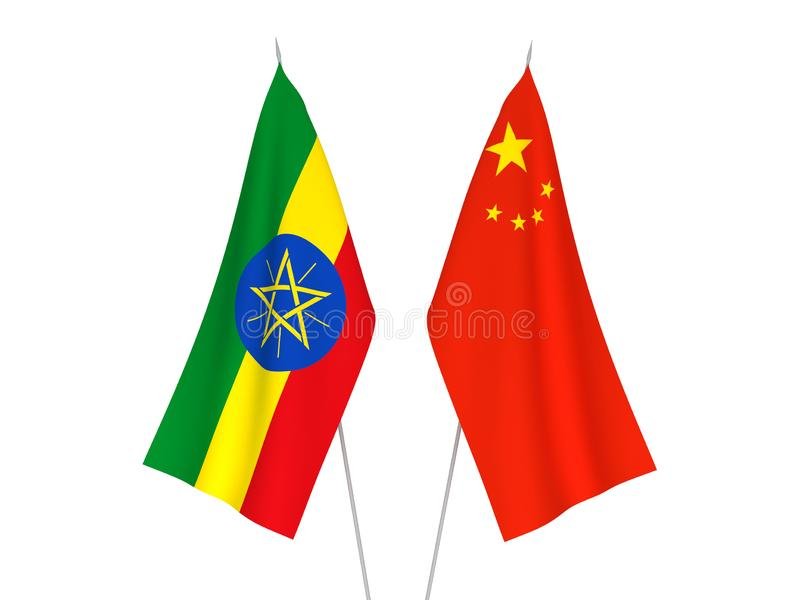May 30 , 2025
Minister of Agriculture, Girma Amente, met with Zhang Xingwang, Vice Minister of Agriculture and Rural Affairs of the People’s Republic of China, on Tuesday (May 27) in Addis Ababa, for discussions focused on deepening bilateral cooperation in agricultural modernization and trade.
The meeting emphasized both countries’ commitment to implementing the priorities outlined in the Forum on China–Africa Cooperation (FOCAC) Action Plan for 2025–2027, particularly under the framework of accelerating agricultural modernization in Africa. Agriculture remains a key area of collaboration within the broader Ethiopia-China strategic partnership.
Minister Girma acknowledged the long-standing support of the Chinese government in Ethiopia’s development efforts and noted the growth of Ethiopia’s agricultural exports to China, including coffee and other high-value commodities. He also outlined current initiatives to diversify these exports to include certified meat products.
He expressed interest in further collaboration on agricultural mechanization, irrigation development, and innovation to improve productivity. In particular, he highlighted the role of the Agricultural Technology Demonstration Center, which has supported capacity building and the transfer of agricultural technologies.
Vice Minister Zhang recognized Ethiopia’s position as a major African exporter of agricultural products to China and noted the country’s efforts to modernize its agricultural sector. He confirmed China’s willingness to expand cooperation in areas such as horticulture, fruit production, agricultural machinery, irrigation infrastructure, and inspection and quarantine protocols.
Both parties agreed to enhance the “green channel” initiative for African agricultural exports and explore ways to align China’s tariff-free access mechanisms with Africa’s special economic and free trade zones. These efforts aim to facilitate greater market access and increase the volume of trade in agricultural products.
The meeting concluded with a shared commitment to further strengthen agricultural ties between the two countries as part of broader South-South cooperation. The partnership is intended to support food security, technological exchange, and inclusive economic development.

